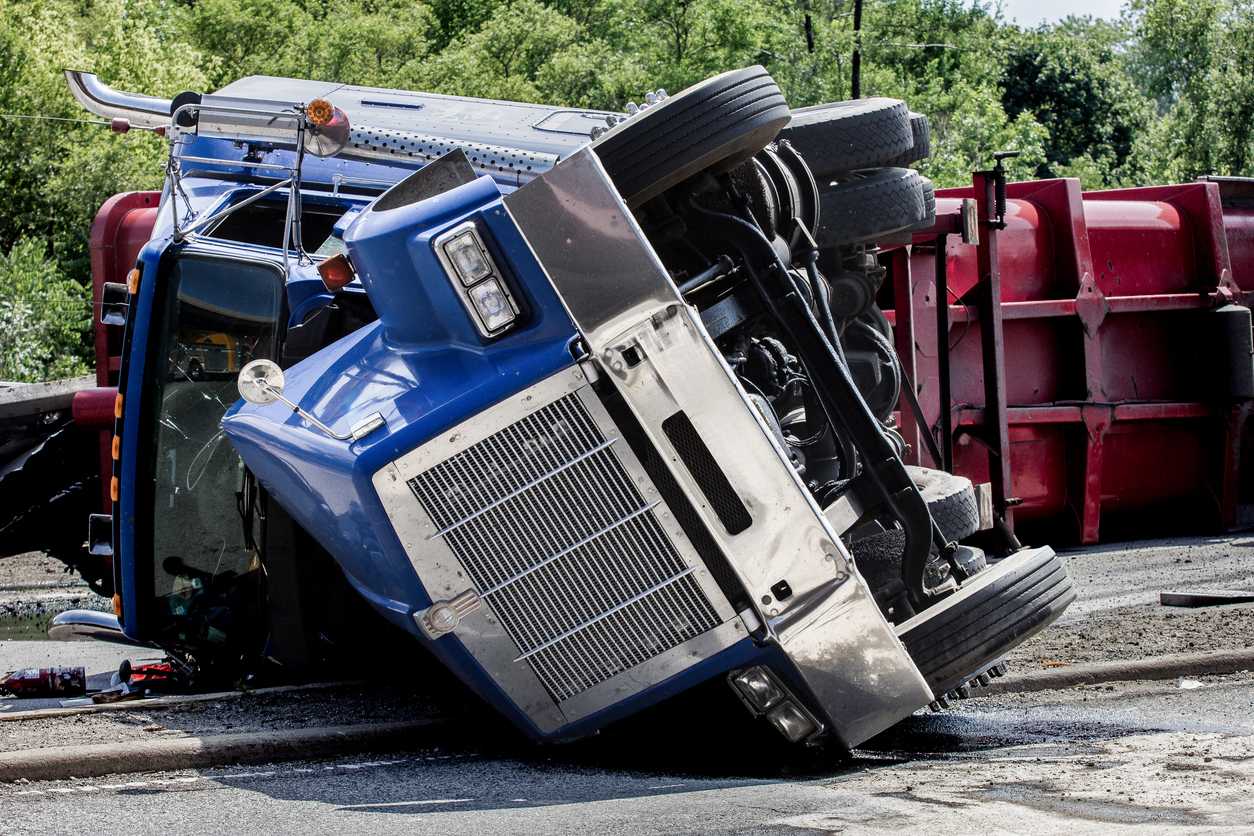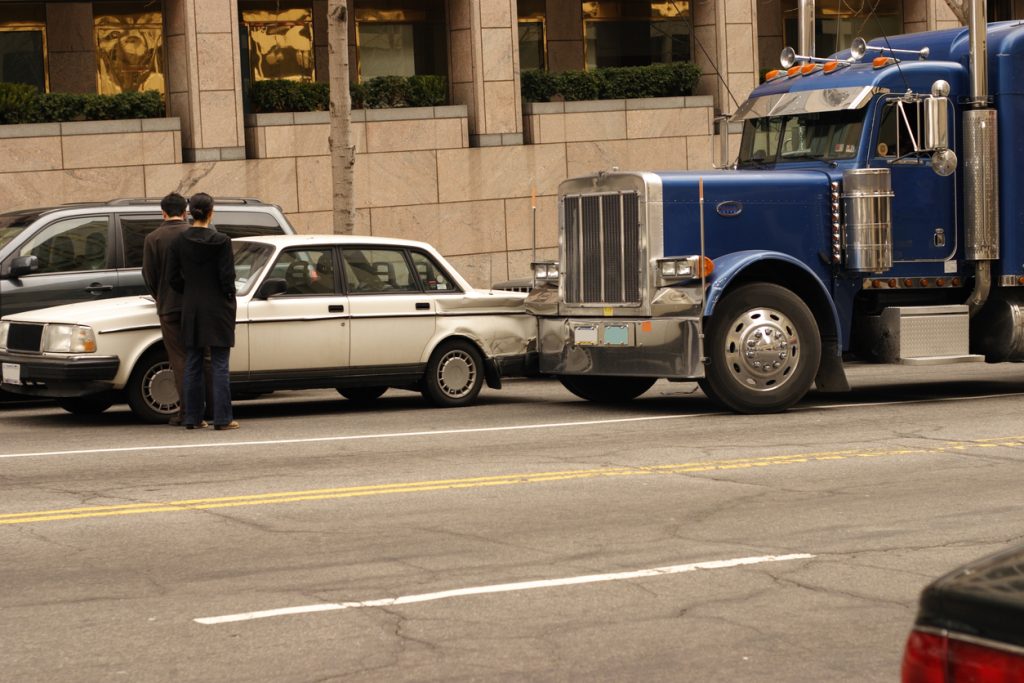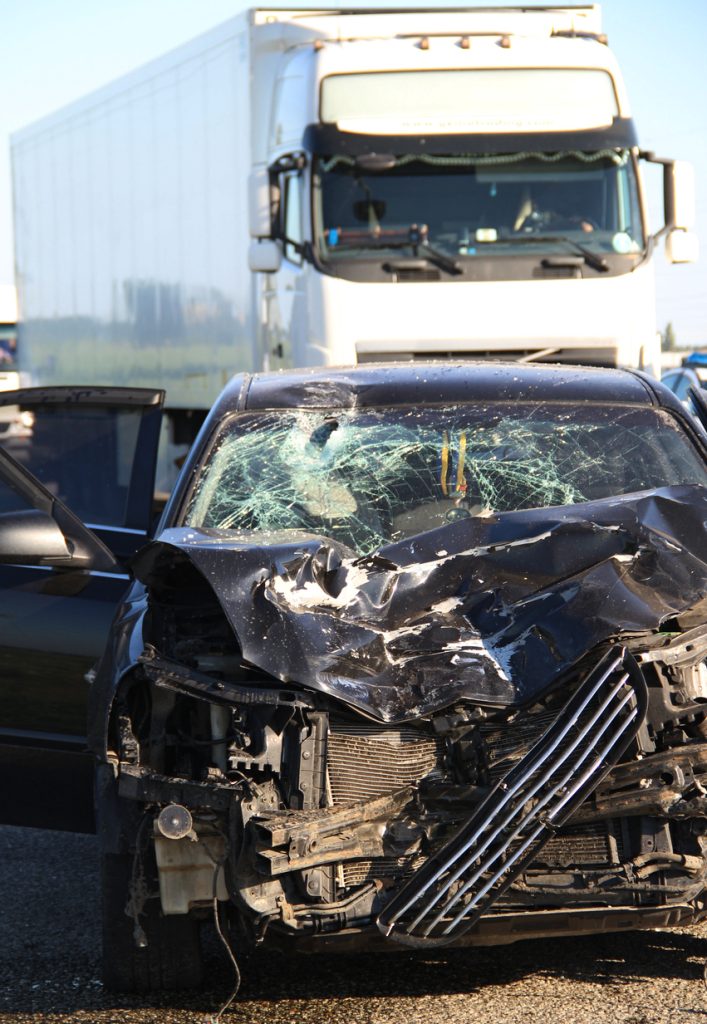- 2 Nov 2025

When an 18-wheeler collides with a passenger vehicle in Austin, the aftermath often leaves victims facing severe injuries, emotional trauma, and overwhelming financial losses. In these circumstances, many injured individuals wonder whether they have the right to sue trucking company after accident in Austin and how Texas law shapes the path forward. While trucking companies often deploy aggressive defense strategies, victims have powerful rights under state and federal law. Understanding those rights is essential to pursuing fair compensation and holding negligent carriers accountable.
The Legal Foundation for Your Right to Sue
The right to sue trucking company after accident in Austin arises from long-established negligence law principles. A trucking company can be liable when its driver, employees, or policies contribute to a crash. Texas courts recognize that carriers have heightened responsibilities because commercial vehicles pose greater risks than passenger cars. Beyond state negligence laws, federal safety regulations issued by the Federal Motor Carrier Safety Administration (FMCSA) require trucking companies to follow strict rules on driver qualifications, vehicle inspections, and hours-of-service. A violation of these standards may strengthen a victim’s legal claim.
Employer Liability in Truck Accident Cases
When analyzing whether you may sue trucking company after accident in Austin, one of the most significant doctrines is respondeat superior. This legal principle holds employers responsible for the actions of their employees if those actions occur within the scope of employment. In trucking cases, this often means the company may be liable for a driver’s reckless speeding, distracted driving, or fatigue if the driver was operating the truck in the course of assigned duties. Independent contractor status can complicate matters, but Texas courts frequently look at the degree of control the company exerts over the driver’s work.
Direct Negligence of Trucking Companies
Beyond being held vicariously liable, trucking companies may face direct liability when their own conduct causes a crash. Victims who sue trucking company after accident in Austin may present evidence of negligent hiring, inadequate training, or failure to enforce safety policies. For instance, allowing a driver with a history of alcohol-related violations to operate an 80,000-pound vehicle on Texas highways could be seen as reckless disregard for public safety. Similarly, inadequate vehicle maintenance can create liability when brake failures or tire blowouts lead to devastating collisions.
Federal and State Oversight in Austin Trucking Claims
The regulatory framework surrounding trucking companies is designed to protect motorists. Federal laws under the FMCSA and state-specific statutes through the Texas Transportation Code both impose safety standards. Those considering whether to sue trucking company after accident in Austin should understand that evidence of violations—such as falsified driver logs, ignored inspection requirements, or overloaded trailers—may significantly impact the outcome of a case. According to the Texas Department of Transportation, crashes involving commercial motor vehicles have consistently led to some of the most severe roadway injuries across the state.
Gathering Evidence for a Trucking Company Lawsuit
Evidence collection plays a central role when individuals decide to sue trucking company after accident in Austin. Trucking cases often involve black box data, dash camera footage, employment records, maintenance logs, and driver communication reports. While passenger car accidents may rely heavily on eyewitness accounts, trucking company lawsuits require a broader range of technical and regulatory evidence. Victims should be aware that carriers and insurers often attempt to restrict access to these materials, which makes early preservation requests and discovery motions crucial.
Common Defenses Raised by Trucking Companies
Those seeking to sue trucking company after accident in Austin must also prepare for common defense strategies. Companies often argue that the driver was acting outside the scope of employment, that the injured party shares significant comparative fault, or that unforeseeable road conditions caused the collision. In some cases, carriers may attempt to shift blame to third parties such as vehicle manufacturers or maintenance contractors. Texas follows a modified comparative negligence standard, meaning recovery can be reduced if the injured party is found partially at fault.
Damages Available in Trucking Company Lawsuits
One of the primary reasons individuals pursue a claim to sue trucking company after accident in Austin is the significant financial burden that follows a commercial vehicle crash. Damages may include compensation for medical expenses, lost income, diminished earning capacity, pain and suffering, and in tragic cases, wrongful death. The catastrophic nature of these accidents often results in larger claims than typical motor vehicle cases, since the injuries sustained tend to be more severe and long-lasting.
Time Limits to File a Claim in Austin
Victims who plan to sue trucking company after accident in Austin should be mindful of Texas’s statute of limitations. In most cases, personal injury claims must be filed within two years from the date of the crash. Missing this deadline typically bars recovery, regardless of the merits of the case. Certain exceptions may apply in wrongful death or claims involving minors, but time is always a critical factor. Prompt action ensures that evidence is preserved and deadlines are met.
Comparative Fault and Its Impact on Trucking Claims
The doctrine of comparative fault frequently arises when individuals sue trucking company after accident in Austin. If a jury determines that the injured person was partially responsible—for example, by speeding or failing to maintain proper lookout—the amount of compensation may be reduced in proportion to fault. However, if a plaintiff is found more than 50% responsible, recovery is barred under Texas law. Understanding this standard helps victims anticipate defense strategies and assess the potential value of their claim.
Legal Guidance
For individuals considering whether they can sue trucking company after accident in Austin, online resources can provide foundational knowledge about the process. Additionally, consulting government resources such as the Federal Motor Carrier Safety Administration offers valuable insight into the federal regulations that govern trucking operations nationwide. Combining both sources of information ensures a broader understanding of rights and obligations in these complex cases.
Conclusion: Protecting Your Rights After a Truck Accident
Trucking accidents in Austin often leave victims grappling with medical bills, lost wages, and lasting injuries. Knowing your rights to sue trucking company after accident in Austin is essential for seeking justice and financial recovery. Between employer liability, direct negligence claims, and the role of federal and state regulations, the legal framework provides multiple avenues to hold carriers accountable. Victims who act quickly and preserve evidence place themselves in the strongest position to secure fair compensation and protect their long-term wellbeing.
Recent posts
- 17 Oct 2025
Categories
- Accident & Injury Law (54)
- AI (1)
- Copyright Law (1)
- Criminal & Civil Law (17)
- Disability Law (2)
- Driving Law (2)
- Employment Law (1)
- Estate Planning (2)
- Family & Relationship Law (29)
- Food and Drink (2)
- Gas Exposure (1)
- Health (1)
- Immigration Law (2)
- Injury Claim (1)
- Insurance Law (7)
- Legal (40)
- Lemon Law (4)
- Mediation (3)
- Medical Malpractice (1)
- Property & Business Law (9)
- Severance Agreement (1)
- Travel and Leisure (1)
- Uncategorized (12)
- Worker Compensation (2)




